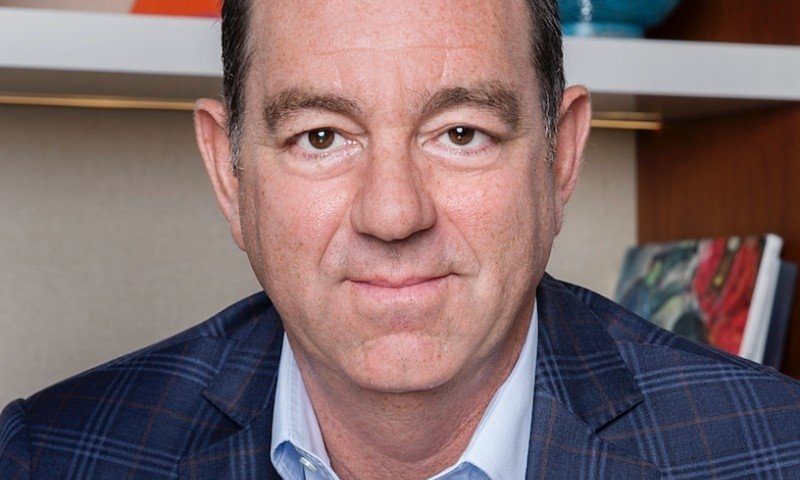Existing meds haven’t delivered on treating the depression that impacts millions of Americans. That’s how Sage Therapeutics sees it, and with partner Biogen, the biopharma thinks it can “raise the bar” for patients and healthcare providers.
“The FDA clearly understands the unmet need with depression and, think about it, if the drugs we had today were fine, depression wouldn’t be increasing tenfold per annum; we wouldn’t have a fourfold increase due to something like the pandemic,” CEO Barry Greene said in an interview during Fierce JPM Week, held virtually Jan. 18 to 20.
Rewriting the treatment landscape for major depressive disorder (MDD) will be a hefty feat, but Sage and Biogen think they can deliver with zuranolone, which has been studied in about 3,500 patients across various trials in MDD, postpartum depression, or PPD, and other anxiety and depression disorders.
The duo will head to the FDA early this year to begin a rolling submission in MDD and follow that up with a PPD filing next year. PPD is an area familiar to Sage; the biotech secured the first FDA greenlight for a PPD drug with the March 2019 approval of Zulresso.
The regulatory filings are part of Sage’s ambition to launch a new drug or new indication every 12 to 24 months, starting next year.
Sage wants to overhaul the way patients with depression are treated. Zuranolone is designed to deliver results in as little as three days while also averting side effects associated with existing antidepressants, like weight gain and sexual dysfunction, Greene said.
The CEO compared the “quick start” goal of zuranolone with stats on the ability of approved antidepressants to work effectively. Newly diagnosed patients, on average, are on their antidepressant for seven weeks, and 80% cycle through two or more drugs in a year, according to Greene.
“We do not believe it’s OK for a drug to take six-to-eight weeks to work, if ever,” Greene said.
To zero in on the fast-acting theory, Sage tweaked the primary endpoint of a phase 3 trial of zuranolone last November, dubbed Coral, to evaluate improvement in depression symptoms at day 3 rather than day 15. Coral, slated for data release early this year, is testing the med when co-administered with a standard antidepressant.
In one study of zuranolone, the drug led to shorter treatment periods: 80% of patients required one or two two-week courses of nightly dosing. Greene emphasized that data point, noting it represents the potential for 48 weeks a year in which a person doesn’t have to take a depression med, and is part of Sage’s strategy to “secure a winning position in MDD and PPD.”
Existing medicines, such as selective serotonin reuptake inhibitors (SSRIs), also run into trouble when it comes to treating people with MDD who have elevated anxiety. Sometimes, these drugs worsen the anxiety, rather than neutralize or lessen the condition. Zuranolone shows potential in reducing anxiety on top of MDD, Greene said.
“Zuranolone is the kind of drug that we want to inspire patients to ask for,” Greene said. Sage is speaking with healthcare providers, and physicians are telling the biotech the type of patients they would prescribe zuranolone to.
These five patient profiles include: college students or first-time workers because healthcare providers don’t want these patients on chronic medicine for decades; the elderly who have other diseases amplifying their depression; people who don’t take the drug every day because they don’t wish to be reminded of their depression; patients on other antidepressants who experience a major event like death in the family; and patients switching antidepressants, Greene said.
Aside from depression, Sage is looking to apply its “quick start” approach to neurodegenerative diseases, including Huntington’s, Alzheimer’s and Parkinson’s. The biotech began a phase 2 trial in Huntington’s late last year and will begin midstage tests in the other two diseases later in 2022.

